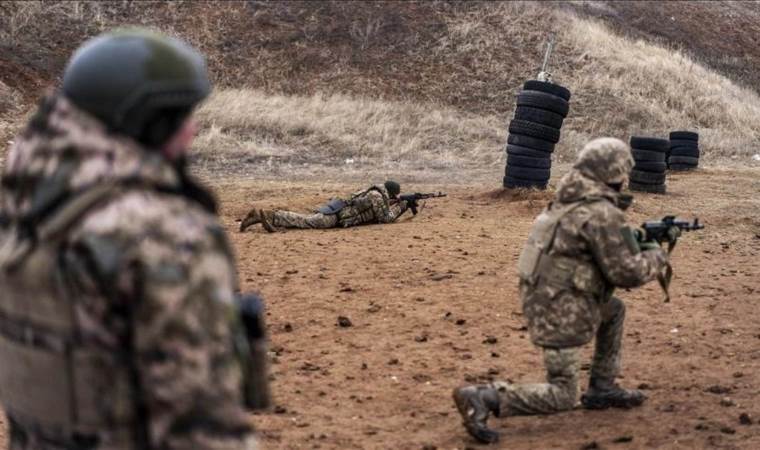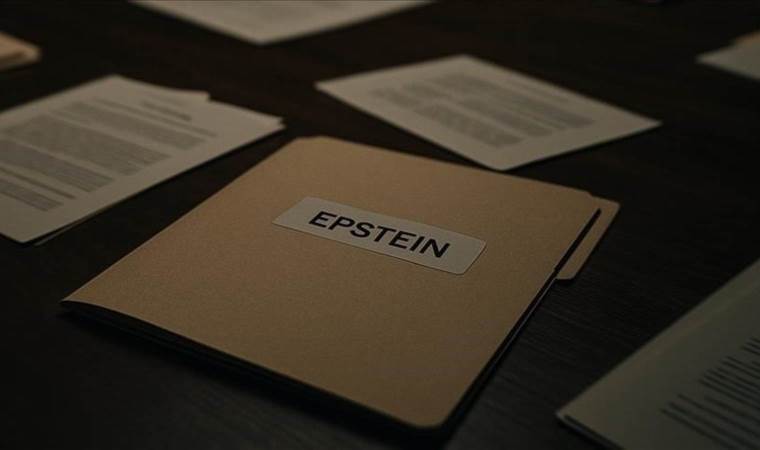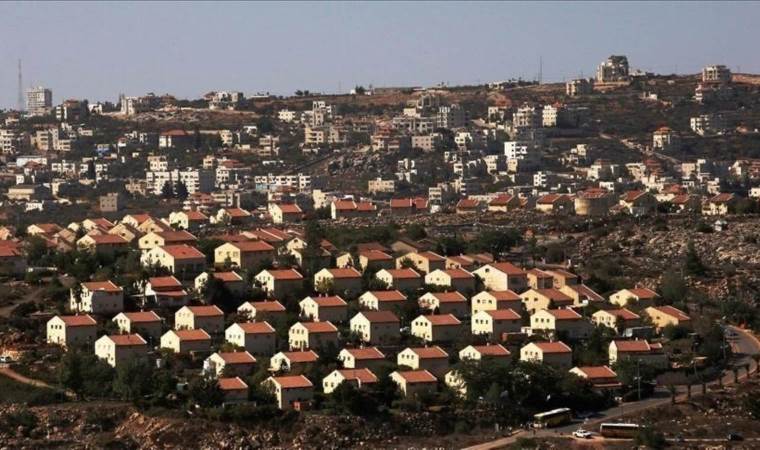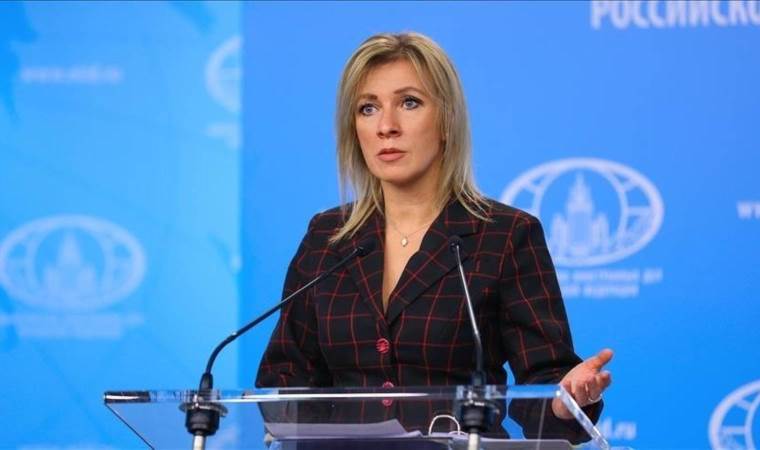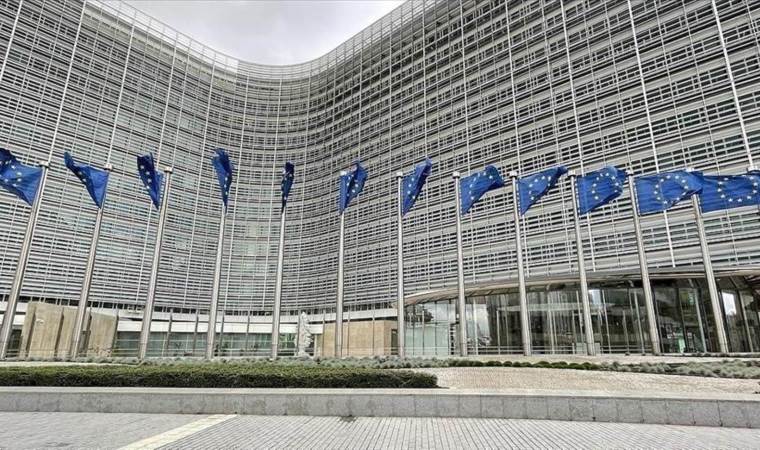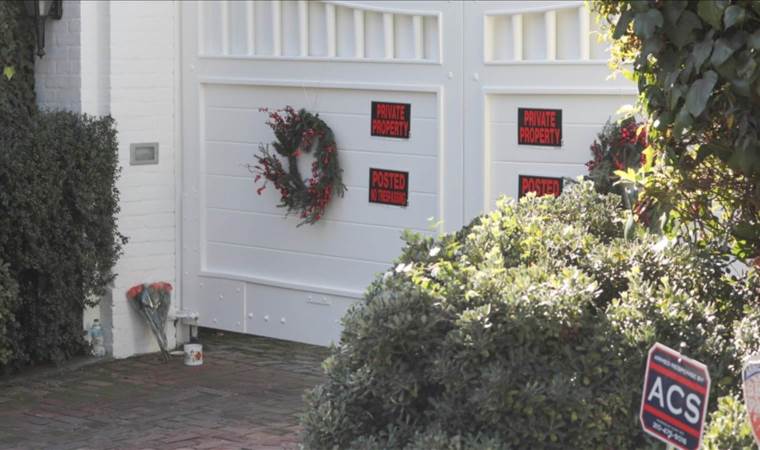Norwegians head to polls in tight parliamentary race
Norway is headed to the polls on Monday to elect all 169 members of the Storting, the supreme legislature, as well as representatives to the Sami Parliament, in what is expected to be a closely fought election.
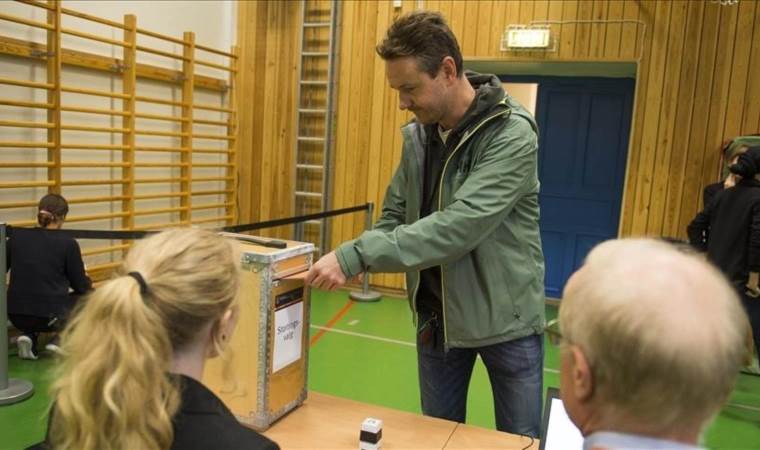
More than 4.05 million people are eligible to vote, according to Statistics Norway. Some 310,000 young people are eligible to vote for the first time, and voters with immigrant backgrounds account for 11.5% of the electorate.
Advance voting has surged this year, with 1.9 million ballots cast ahead of the election. The capital Oslo accounted for 320,000 of the votes, more than half of the city’s eligible voters, according to municipal figures.
The campaign has been marked by a close race between the center-left bloc, led by incumbent Labor Party Prime Minister Jonas Gahr Store, and a right-wing coalition dominated by the Progress Party and the Conservatives.
Labor is narrowly ahead in opinion polls, averaging 26.5%-30% nationally, while the Progress Party is at 19%. The Conservatives are polling at 15%.
Key issues shaping voter decisions include inequality, taxation, cost of living, and public services. An August survey by Respons Analyse for daily Aftenposten showed inequality replacing defense and national security as the top concern for voters.
Food prices rose 5.9% in the past year, while the economy, jobs and taxation remain key issues. Labor supports broadly stable taxes, though some allies push higher rates for the wealthy, while Progress and the Conservatives promise large cuts.
Norway's $2 trillion sovereign wealth fund is also central. Labor rejected calls by the Socialist Left to divest from companies linked to Israel's Gaza Strip operations, but post-election negotiations may make such calls difficult to resist.
Energy policy is another focus. As Europe's top gas supplier, Norway exports surplus electricity, but parties disagree on limiting exports and balancing domestic demand, debating wind, solar and hydropower amid costs and environmental concerns.
Norway uses proportional representation to elect the 169 MPs for a fixed four-year term. Any party receiving more than 4% nationwide is guaranteed representation, though strong district performance can also yield seats.
No party is expected to win an outright majority of 85 seats, making coalition negotiations likely. Nine parties are expected to win seats, with Labor, Socialist Left, Greens, Centre and Reds on the left, and Conservatives, Progress, Christian Democrats, and Liberals on the right.
Store is seeking to extend his tenure, while the center-right could see either Progress Party leader Sylvi Listhaug or Conservative leader Erna Solberg as prime minister.
Ballots close at 1900GMT, with the first exit polls expected immediately.
Final results could emerge late Monday, though forming a cabinet may require additional negotiations.
Most Read News
-
 Lithuania to expand military training sites near key NAT
Lithuania to expand military training sites near key NAT
-
 Nearly 90 Epstein-linked flights used UK airports: BBC
Nearly 90 Epstein-linked flights used UK airports: BBC
-
 Qatar, UAE condemn Israel’s approval of 19 illegal settl
Qatar, UAE condemn Israel’s approval of 19 illegal settl
-
 Moscow condemns 'barbaric' beach shooting in Australia
Moscow condemns 'barbaric' beach shooting in Australia
-
 European leaders welcome progress in Trump-led Ukraine p
European leaders welcome progress in Trump-led Ukraine p
-
 US carries out strikes on 3 vessels in eastern Pacific
US carries out strikes on 3 vessels in eastern Pacific
-
 Hollywood filmmaker Rob Reiner's son taken into custody,
Hollywood filmmaker Rob Reiner's son taken into custody,
-
 US arrests 4 over alleged California terror plot
US arrests 4 over alleged California terror plot
